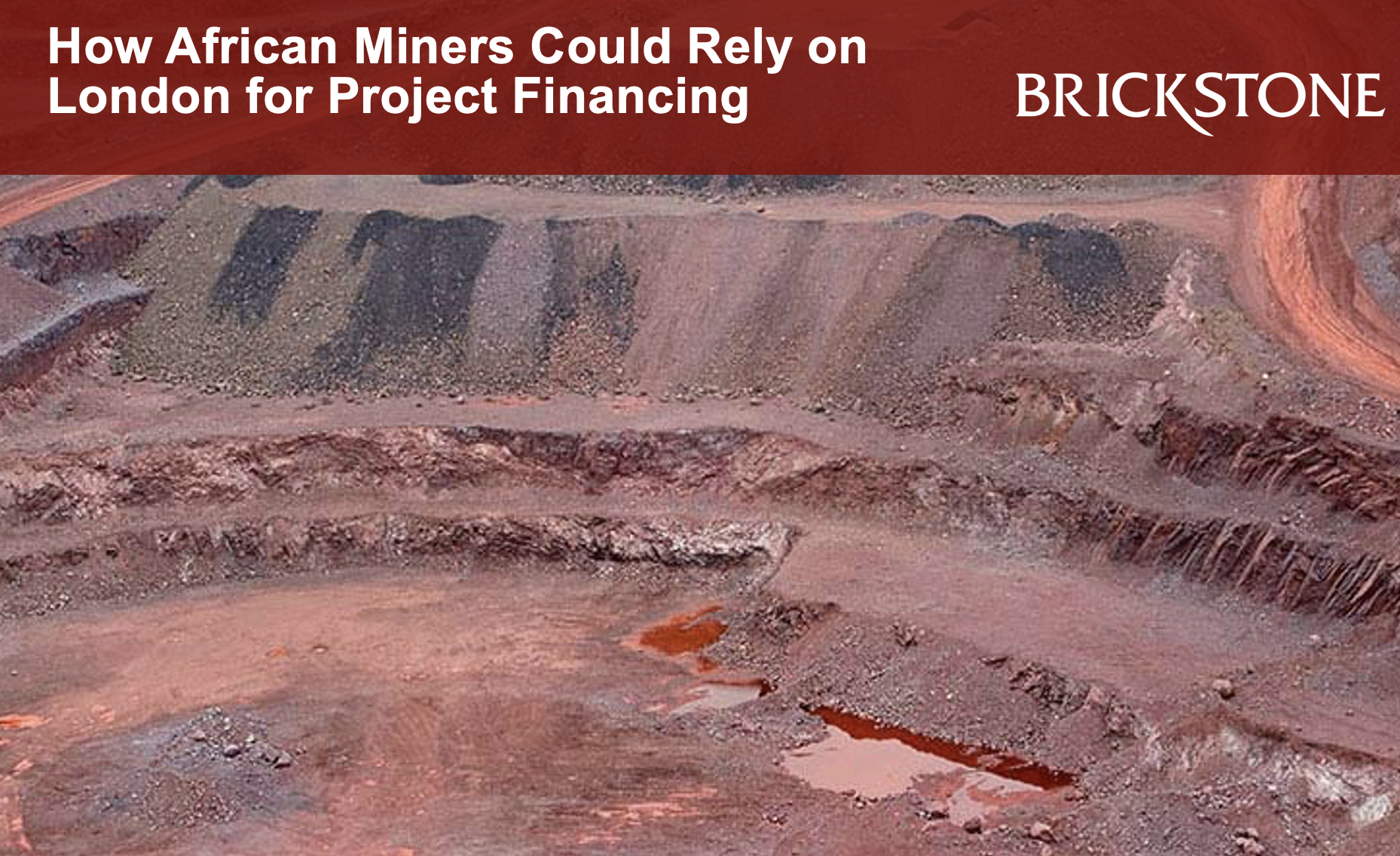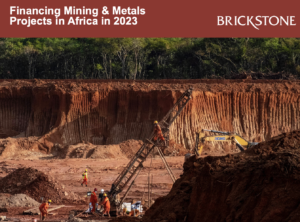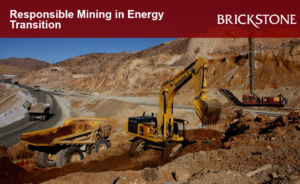Global Financial Centre: How African Miners Could Rely on London for Project Financing
London’s Impact on Project Financing
London is already a global financial centre, and the cornerstone of many sector’s financing, investments and expansions. The UK capital is, not surprisingly, expected to be one of the main centres for the financing of new mining projects in Africa, which is abundant in many minerals needed for the energy transition.
The continent is home to about 30% of the world’s mineral reserves, according to the UN. In 2019, Africa only produced around 5.5% of the world’s minerals and its global share was valued at $406bn that year, according to the World Mining Congress; this is a fraction of the share of Asia, the world’s biggest producer, which accounted for 59% of total global production at a value of $1.8tn.
However, experts think a great deal more mining will happen in Africa in the future, in particular to meet the demand for critical metals needed in the global energy transition. At least 30 times as much lithium, nickel and other key minerals could be required by the electric car and battery storage industries by 2040 to meet global climate targets, according to the International Energy Agency.
Similarly, the rise of low-carbon power generation to meet climate goals means a tripling of mineral demand from that sector by 2040. Since 2010, the average amount of minerals needed for a new unit of power generation capacity has increased by 50% as the share of renewables in new energy investments has jumped. Considering Africa’s relative abundance of these resources, foreign financing could be vital to realising Africa’s mineral potential.
This article by Brickstone reviews The National Mining Association’s publication on how African miners rely on London for Project Financing, highlighting key facts and insights.
Abundances in Africa
Africa has some of the world’s biggest deposits of minerals essential to the energy transition, including nickel, cobalt, graphite, lithium and rare earth elements. For example, it accounts for around 80% of the world’s total supply of platinum, 50% of manganese and two-thirds of cobalt.
Guinea alone produces more than 20% of the world’s bauxite used in aluminium production, while Ghana is the continent’s largest producer of gold, followed by South Africa and Mali. The Democratic Republic of the Congo (DRC) is Africa’s largest industrial diamond producer, followed by Botswana and South Africa. Botswana ranks number one in Africa for the production of gem-quality diamonds, used for jewellery.
A number of countries across the continent are turning these reserves into considerable profit. In 2019, at $125bn, South Africa generated the most money from its mineral resources, followed by Nigeria at $53bn, Algeria at $39bn, Angola at $32bn and Libya at $27bn, according to the World Mining Congress.
“Undoubtedly, there is a massive shortage in most of the critical minerals on the planet at the moment, especially things like copper,” says Charles Bond, head of capital markets and natural resources at Gowling WLG, drawing attention to the potential for African mines to meet this demand.
“There are just not enough countries producing copper to feed the demand from China and other emerging markets, both for house building and the new economy of electric vehicles.
“That goes for other key critical materials such as lithium. There is not a processing capacity for lithium. Another one is cobalt, which is particularly critical for Africa as most of the world’s supply is derived from the DRC.”
Bond adds that he thinks there will be more mining projects in Africa, as it will be necessary for the energy transition. “Politically-speaking, it’s high risk in most jurisdictions in Africa. Historically, west Africa has been one of the key areas for the mining community: Mali, Burkina Faso, Ivory Coast and Guinea.
“However, given the politically instability of some of those countries and the issues in the north around terrorists, I think financing has become more difficult. But, again, that reduces capacity and leads to further demand-supply issues.”
Junior Explorers, Significant Financing
Bond adds that there are always a lot of junior explorers trying to finance new projects in various jurisdictions in Africa. That tends to by driven by Australian, British and Canadian companies, and they mostly finance those projects through equity because junior miners usually struggle to raise debt, as there is nothing to secure the debt against.
“High risk means equity,” says Bond. “The normal route for that has been to do a kind of pre-IPO fund raising with friends and family. This takes the project to the stage where it is a resource and then can be floated on the Toronto Stock Exchange, Australian Securities Exchange or the London Stock Exchange. And then you grow it from there into a development company.
“You raise enough equity so that you can reach the development stage when you have a feasibility study,” continues Bond. “You can then go to a bank and say, ‘right, I have actually got something in the ground that is provable; please can you lend me some debt’. At that point, the project finance guys begin to step in.”
He says that alternative methods of financing mining projects in Africa are receiving greater interest, including royalty and streaming finance. Royalties involve the financier purchasing a right to a percentage of the future revenues of a mine from the miner in return for an upfront payment. This concept is not uncommon and has been used for several decades now. It differs from the royalties collected by sovereign governments in return for mining rights.
Royalties are a good source of development capital for junior miners because, unlike debt funding, repayments typically only begin once production has started and the business is cash-generative. This upfront capital is available for the development of the mine without the need to immediately service debt.
Read the full publication here.







